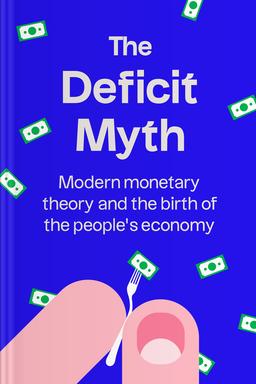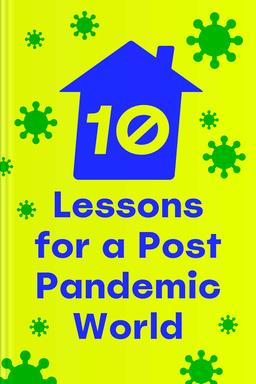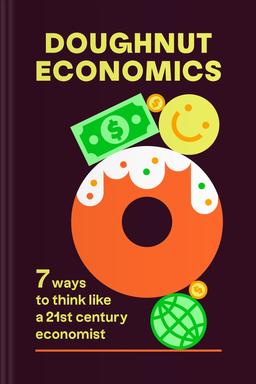What is Don't Burn This Book about?
This thought-provoking work encourages readers to challenge societal norms and engage in independent thinking. It critiques the prevailing attitudes of censorship and groupthink, advocating for open dialogue and personal responsibility. Through personal anecdotes and cultural commentary, the author seeks to inspire individuals to embrace diverse viewpoints and defend free expression, urging a return to rational discourse in an increasingly polarized world.
Who should read Don't Burn This Book
- Critical thinkers seeking independent viewpoints
- Individuals questioning mainstream narratives
- Fans of political and cultural commentary
What is The Deficit Myth about?
This book explores the principles of Modern Monetary Theory, challenging traditional views on government budgets and deficits. It argues that countries controlling their own currency can spend freely to support economic growth and social welfare without the fear of insolvency. By reframing the understanding of money, the author advocates for policies that prioritize public need and economic stability, presenting a vision for a more equitable and prosperous society.
Who should read The Deficit Myth
- Economists seeking to understand modern monetary theory.
- Students studying economics and public policy.
- Activists interested in economic justice and reform.
What is Ten Lessons for a Post-Pandemic World about?
This book explores how the COVID-19 pandemic has reshaped societies, economies, and politics, offering crucial insights for a changing world. The author discusses ten key lessons learned, emphasizing the importance of resilience, global cooperation, and the re-evaluation of priorities in various fields including health, technology, and governance. Through historical context and contemporary analysis, it provides a framework for navigating the challenges and opportunities that lie ahead.
Who should read Ten Lessons for a Post-Pandemic World
- Curious minds seeking insights post-COVID-19.
- Policy makers looking for future guidance.
- Readers interested in global trends and shifts.
What is Lost in Work about?
This thought-provoking exploration examines the impact of capitalism on our work lives and mental well-being. It challenges conventional views on productivity and fulfillment, arguing that constant striving for success leads to disconnection and dissatisfaction. Through personal narratives and critical analysis, the book offers insights on how to reclaim our time and find meaning beyond traditional capitalist frameworks, advocating for a more compassionate and equitable approach to work.
Who should read Lost in Work
- Workers seeking balance in their professional lives.
- Individuals disillusioned by the impacts of capitalism.
- Readers interested in alternative economic systems.
What is Doughnut Economics about?
This book challenges conventional economic theories by proposing a new model centered around sustainability and social equity. It presents seven principles to rethink economic success, emphasizing ecological balance and human well-being. Through engaging visuals and practical examples, it advocates for a system that prioritizes a 'doughnut' shape of economy—balancing essential human needs with the planet's ecological limits, urging a transformative shift in how we approach economics.
Who should read Doughnut Economics
- Economics students seeking modern perspectives.
- Environmental activists focused on sustainability.
- Business leaders wanting innovative economic strategies.




